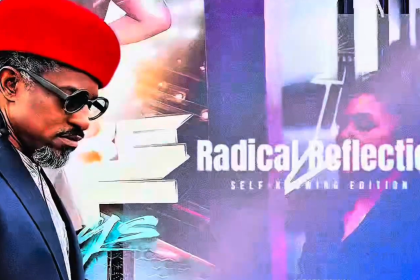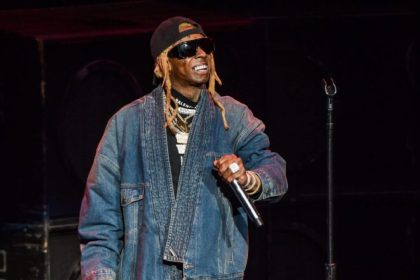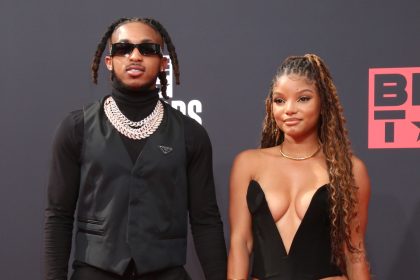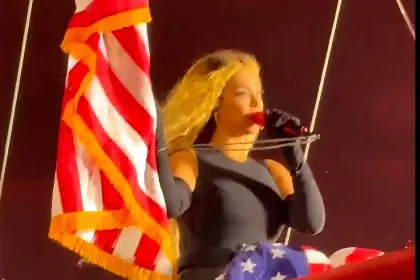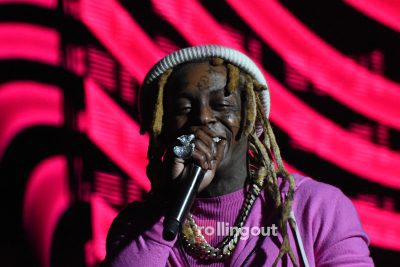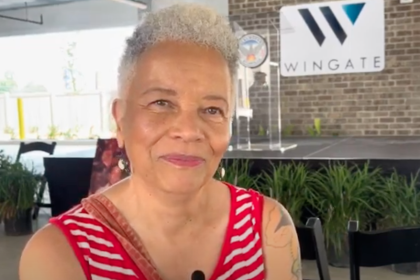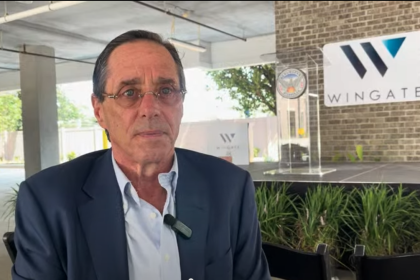OutKast, the seminal duo of Atlanta rappers Big Boi and Andre 3000, sits among the most critically-acclaimed acts in the history of recorded music. As blasphemous as it may seem to some, ‘Kast occupies the same space shared by legends like Stevie Wonder, the Beatles, Prince, Radiohead and Pink Floyd–those artists whose popularity is only matched by the amount of critically-lauded and beloved albums they released over the course of their storied careers.
Many of these artists were not initially expected to be game-changers, and when these two teenagers from the ATL debuted in November of 1993, it’s highly unlikely that critics and fans knew what kind of consistently groundbreaking music OutKast was going to churn out over the course of the next 13 years. But even before the futuristic soundscapes and platinum wigs, before the Grammy wins and movie roles, Andre and Big Boi cemented their place in the pantheon of hip-hop with an unassuming first single that somehow merged an ode to the Christmas season with a ballerific celebration of pimps, playas and hustlaz.
“Player’s Ball” changed the hip-hop landscape like only a handful of singles had before. In the same way that Run-D.M.C.‘s “It’s Like That” announced the end of hip-hop’s first wave and the start of a new, more aggressive brand of rap; and in the same way that Dr. Dre‘s “Nuthin’ But A ‘G’ Thang” put G-Funk and Death Row Records at the forefront of hip-hop visibility, “Player’s Ball” was the opening shot from a city that would soon become the center of hip-hop in the new millennium.
Before its release, Atlanta had given rise to a number of local stars, from Kilo Ali to MC Shy-D and countless others; but these artists got little-to-no attention from national media. Even outside of ATL, the only rappers from the south that had gotten onto MTV and BET’s radar at that point were Houston’s Geto Boys and the Atlanta-based Grammy winners Arrested Development. Other southern newcomers like UGK and Eightball were firmly entrenched in the underground. They didn’t even shoot music videos for their first releases.
In the fall of Bill Clinton’s first year as President, these two products of Tri-Cities High School managed to crack hip-hop’s glass ceiling. With Braves jerseys, Kangol hats, flip-flops and countless visual references to their hometown, Dre and Big put Atlanta on the hip-hop map in every way that mattered. Within two years, they would be getting shouted out by everyone from A Tribe Called Quest to Naughty By Nature, and fellow Dungeon Family members like Goodie MOB and Cool Breeze would follow the path they blazed to national visibility. By 1997, UGK and Eightball and MJG would be nationally-known, as well.
By the 2000s, Atlanta would be hip-hop’s second home, dominating the pop charts more so than New York City, even. And a large part of that crossover domination could be credited to the blockbuster success of OutKast’s fourth album, Stankonia.
But before any of that happened, there was the catchy, soulful slice of southern hip-hop that set everything in motion. And two eighteen year olds with a gift for wordplay and a new voice all their own made it all happen. And for that, OutKast still receives a humongous amount of love from their hometown and state. And that’s the way it will always be.
All day. E’er day.


